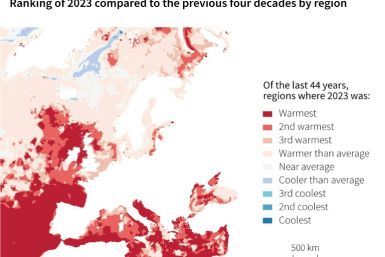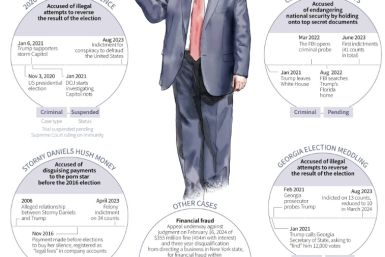Australian Dollar Continues to Weaken Despite $670 Million Trade Surplus
The Australian dollar weakens further despite rallying slightly after the nation has posted a fourth consecutive month of trade surplus. On Wednesday, the Australian dollar traded at 91.62 U.S. cents, lower than Tuesday's exchange rate of 91.83 cents. Official data indicates Australia's trade balance last May maintained its positive streak for four months in a row with a surplus worth $670 million.
According to the Australian Bureau of Statistics, retail spending in Australia increased by 0.1 per cent also in May. Senior economist for JP Morgan Ben Jarman says the Australian dollar has rallied slightly due to positive trade figures. This helped alleviate investor concerns over China's slowing growth.
Mr Jarman said the Australian dollar has been higher since official figures were released. Investors are concerned about the state of China's economy and what would it mean for Australia. The effects of China's slow growth are still yet to be seen in Australia's trade figures.
The Australian dollar declined further after the Reserve Bank of Australia's (RBA) statement on Tuesday. The Reserve Bank announced after the board meeting that it is keeping interest rates on hold for another month to the dismay of the Housing Industry Association.
Mr Jarman said it is interesting to note that the Australian dollar seems to be agreeing with RBA's announcement. This may perhaps suggest that the market believes the Reserve Bank has another perspective markets can't see.
The RBA has cut interest rates seven times, beginning late 2011, in the hopesof keeping borrowing costs low to stimulate the weak sectors of the economy. Interest rate cuts can significantly boost consumer spending on activities like home building and shopping.
Talk of more RBA rate cuts
Central Bank Governor Glenn Stevens is hopeful of future RBA rate cuts since businesses outside the mining sector will become confident to invest. Mr Stevens said this is an important aspect of rebalancing the resource-rich Australian economy. The Australian dollar will likely to fall if the economy continues to slow down.






